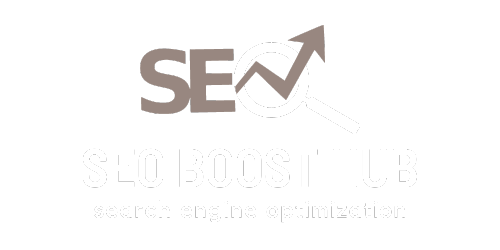Introduction: The Importance of Local Search in Today’s Market
Local searches have become a crucial aspect of connecting consumers with businesses in their immediate area. From finding the nearest coffee shop to locating a nearby service provider, users rely on local search to meet their needs quickly and efficiently. But how long does a typical local search last, and what can businesses do to ensure they show up during this critical window?
This article will explore the duration of local searches, what influences their length, and how businesses can improve their local SEO to capture users’ attention effectively.
What is Local Search?
A local search occurs when someone looks for products, services, or businesses in their vicinity. Examples of local search queries include:
- “Best pizza near me”
- “Plumber in [City]”
- “Coffee shops open now”
Local searches are often intent-driven, meaning the user has a specific need or action in mind, such as visiting a store, booking a service, or making a purchase. Search engines like Google prioritize delivering the most relevant, nearby results, using factors like proximity, relevance, and business ratings.
How Long Does a Local Search Last?
The duration of a local search can vary based on the complexity of the query, the number of options available, and the user’s urgency. On average, local searches tend to last only a few minutes, as users are often looking for quick information to act on immediately.
For instance, a search for a restaurant or a coffee shop may last only a few moments before the user selects a location, whereas more complex queries, like finding a home service provider, might take longer as users compare reviews, prices, and availability.
The speed of decision-making in local searches is influenced by:
- User Intent: People looking for immediate needs like food, gas, or emergency services will typically complete their search quickly.
- Search Engine Results: How quickly users find relevant, trustworthy results will shorten or lengthen the duration of their search.
- Mobile Usability: With the majority of local searches happening on mobile devices, fast load times and mobile optimization significantly impact the speed at which users make decisions.
Factors Influencing Local Search Duration
Several factors influence how long users spend conducting a local search:
1. Proximity of Businesses
Local searches prioritize proximity. If your business is nearby and has accurate location information on platforms like Google My Business, it is more likely to show up early in the user’s search.
2. Quality of Listings
Users want to make quick decisions based on trustworthy information. Having a complete and up-to-date business listing, including hours, contact information, and user reviews, helps reduce the time users spend searching and deciding.
3. Customer Reviews and Ratings
Reviews play a pivotal role in local search decisions. Businesses with more positive reviews tend to attract faster decisions from searchers, as users trust peer feedback to make quick choices.
4. User Experience (Mobile & Desktop)
A fast-loading, mobile-optimized website will help users quickly find what they need, reducing the search duration. Users are more likely to leave a website if it loads slowly or is difficult to navigate, which could prolong their search process as they move on to another result.
5. Local Pack Visibility
Appearing in Google’s Local Pack (the top three results with a map) significantly influences search time. Businesses in the Local Pack receive higher click-through rates, often reducing search duration as users quickly find what they’re looking for at the top of search results.
How to Optimize for Local Search and Reduce Decision Time
If you want your business to capture local searches efficiently, here are some ways to optimize your presence:
1. Optimize Google My Business
Having an optimized Google My Business (GMB) listing is one of the most critical aspects of local SEO. Ensure your business name, address, and phone number (NAP) are accurate, and regularly update your business hours, services, and categories.
2. Encourage Customer Reviews
Request customer reviews and respond to them frequently. Positive reviews not only help build trust but also make it easier for searchers to choose your business quickly.
3. Mobile Optimization
Since a majority of local searches are done on mobile, having a mobile-friendly website is essential. Make sure your site is responsive, loads quickly, and is easy to navigate on a mobile device.
4. Local Keywords and SEO
Use local keywords in your website content, such as “best [service] in [city].” This can help you appear in relevant local search results, shortening the user’s search time.
5. Structured Data Markup
Use structured data markup (Schema) to help search engines understand your business information better, improving your chances of appearing in local searches.












